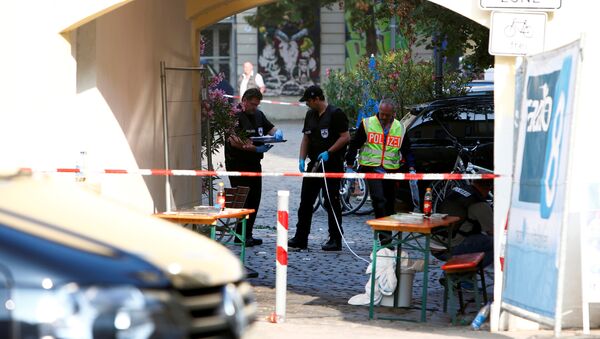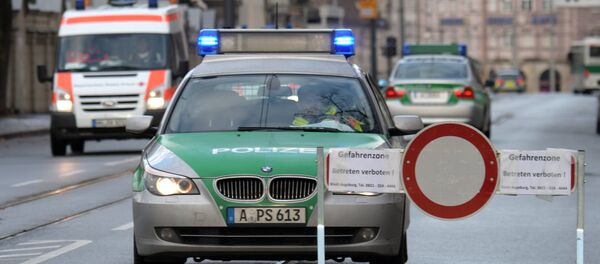German states have different rules on preventative detention, and Bavaria, along with Baden-Wuerttemberg, can detain suspects for up to 14 days, the longest period of any German state. Some German states can detain suspects for no more than two or four days while investigators determine whether to bring charges.
However, the new legislation seeks to remove this time limit, in accordance with what German media has called the "Guantanamo Principle."
According to the Bavarian Interior Ministry, the new legislation includes safeguards to prevent the unnecessary imprisonment of suspects. As soon as the detention order has been given, a judge will review the danger presented by the suspect every one or two weeks.
However, legal experts have questioned the legality of the law. President of the German lawyers association, Ulrich Schellenberg, told Sueddeutsche Zeitung that the draft law is "constitutionally questionable."
The situation is complicated by the fact that Bavarian law has only a vague definition of what constitutes a "threat."
Peter Schall, chairman of the police union in Bavaria, told Sputnik Deutschland that while he would welcome extra powers to detain terrorists, he doubts that the law will be approved by Germany's Federal Constitutional Court because the opposition in the Bavarian state parliament is likely to oppose the legislation.
"The idea should be welcomed, but I see legal problems," Schall said.
"I need concrete evidence. If nothing has happened, I can't find a judge who would sign such an order."
"Sure, if someone says 'I'm going to blow something up tomorrow' and he's got some explosives, he's doing surveillance and behaving conspiratorially, then perhaps a judge will sign something like that."
Given the legal issues, the policeman suggested a better solution to prevent terror attacks that are carried out by foreign nationals.
"A more effective measure would be to send these people, if they are foreign nationals, back to their home country as soon as possible," Schall said.
The policeman added that the greatest hurdle faced by law enforcement is gathering the evidence needed to convince a judge that a suspect should be detained. To that end, he welcomed recent draft legislation which allows the police to examine mobile phones in order to establish the identity of migrants and repatriate them if necessary.
If the person's identity isn't clear, then countries will just tell Germany, "We don't want them," he explained, adding that Germany must make bilateral agreements allowing the swift repatriation of migrants.





